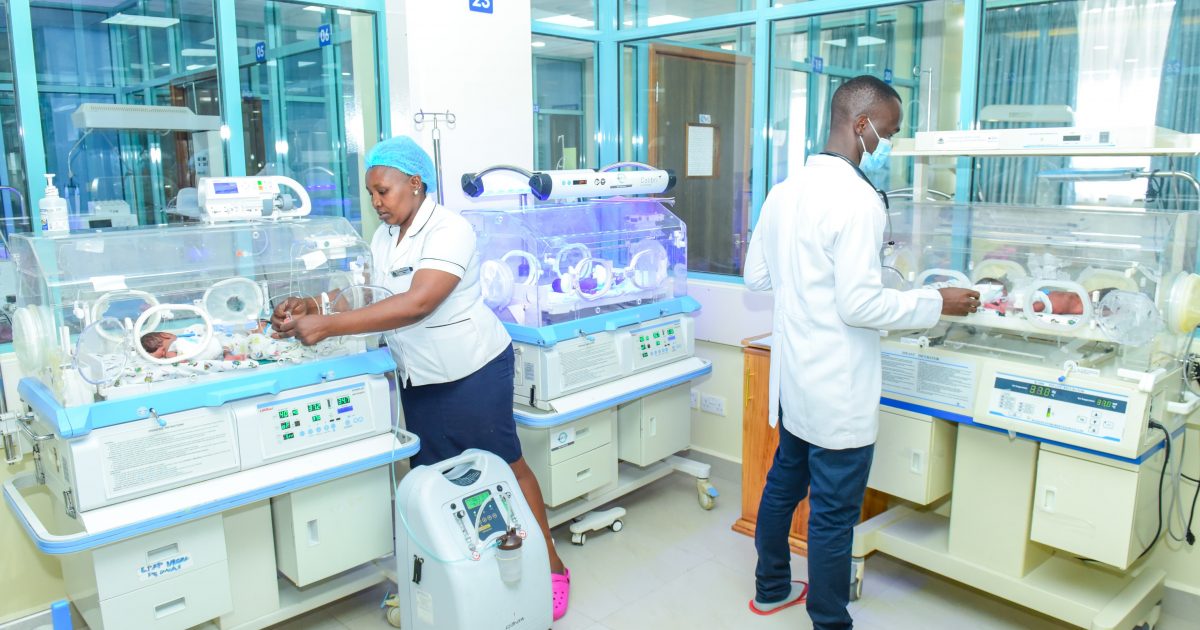At least 50 women in Migori County die from pregnancy-related complications annually, reports a health expert from the region.
Dr. Daniel Agullo, a member of the Kenya obstetrical and gynaecological society, says in a published report that although the Ministry of Health, in collaboration with the private partners, has been doing good work to reduce the catastrophe, such deaths are still rising and cause great fears within the health circles.
He attributes the preventable deaths to poor access to reproductive health services as a result of poor infrastructure.
“There is also the problem of overcrowding in local government health institutions manned by poorly paid, demotivated, and overworked health providers,” he says.
“Many of the sick people, especially women, were currently avoiding going to hospitals and instead seeking treatment from herbalists whose services are cheap,” the report indicates.
“The relatively low cost of traditional herbs and the fact that the providers are ready to treat on credit is making many women avoid going to hospitals and instead preferring traditional birth attendants in villages,” the medic elaborates in the report.
Agullo also reveals the unfair distribution of health workers, with the majority being in urban centres. The majority of the available doctors in Migori are based at the referral hospital, leaving the rural health facilities where many of the women are, with very few, he explained.
The government-trained birth attendants in villages are also not enough and lack adequate resources to handle emergency cases before they can make referrals to better equipped hospitals in the urban setups.
He cites the high maternal mortality rate recorded on Migingo Island in Lake Victoria every year, blaming it on lack of proper health services at the island.
Residents, who are mainly the fishermen, depend on health facilities on the mainland, which are not fast accessible due to lack of reliable transport.
“They have to use boats to cross to the mainland, transport which most of the time is not easy to get during times of emergencies,” laments Dr. Agullo.
“Besides the lake becoming rough, there is also the huge cost of hiring a boat to ferry a woman in labour pains across the lake, and by the time the relatives reach the other side with the patient, it would be too late to save a life,” he said.
By George Agimba





